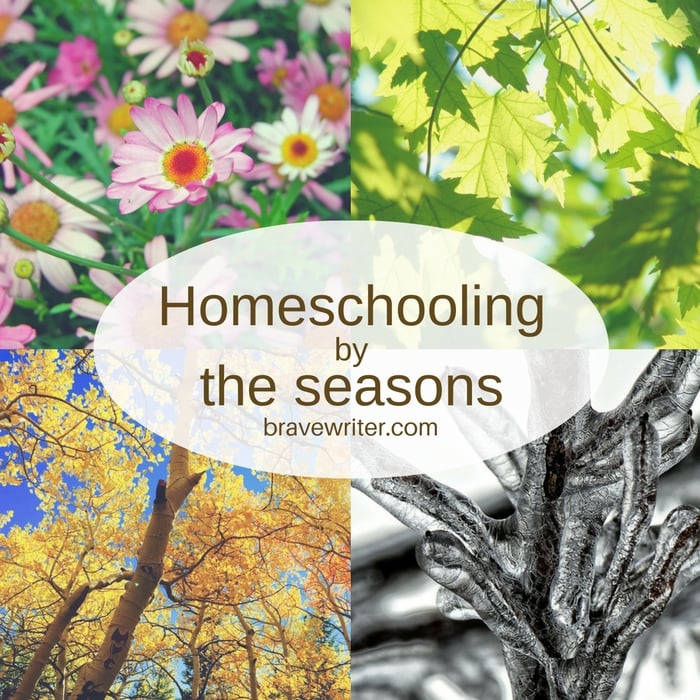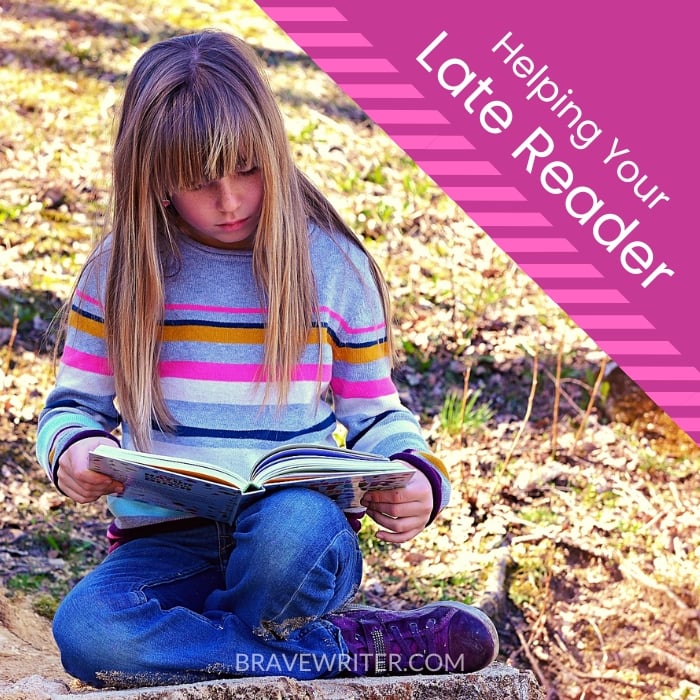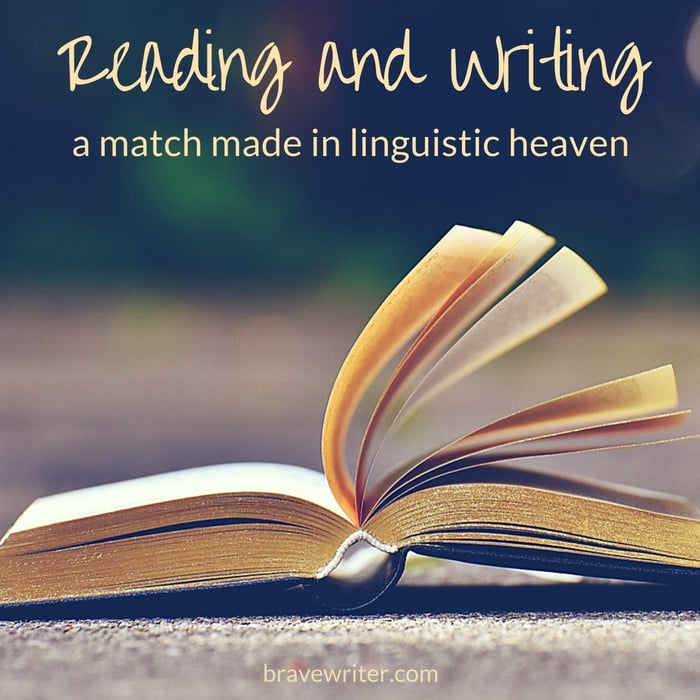Did you know that? Old hat for Brave Writer fans, right?
One of the funny things about being in the “hot seat” for writing and language arts is that I’ve become a confessor of sorts. Mothers like to corner me at conferences or in the hallways of our co-op to ask me their questions and to tell me their guilty tales of failed writing attempts. One question I get frequently is: “How do I teach poetry? Do I have to? I’ve never liked it and don’t understand it. Truth is: we never read it.”
If that’s you, if you’re wondering how to give a lesson in poetry to your kids when you never spent much time with it yourself, I’ve got some ideas for you! April is obviously just the right month to tackle it.
(more…)























